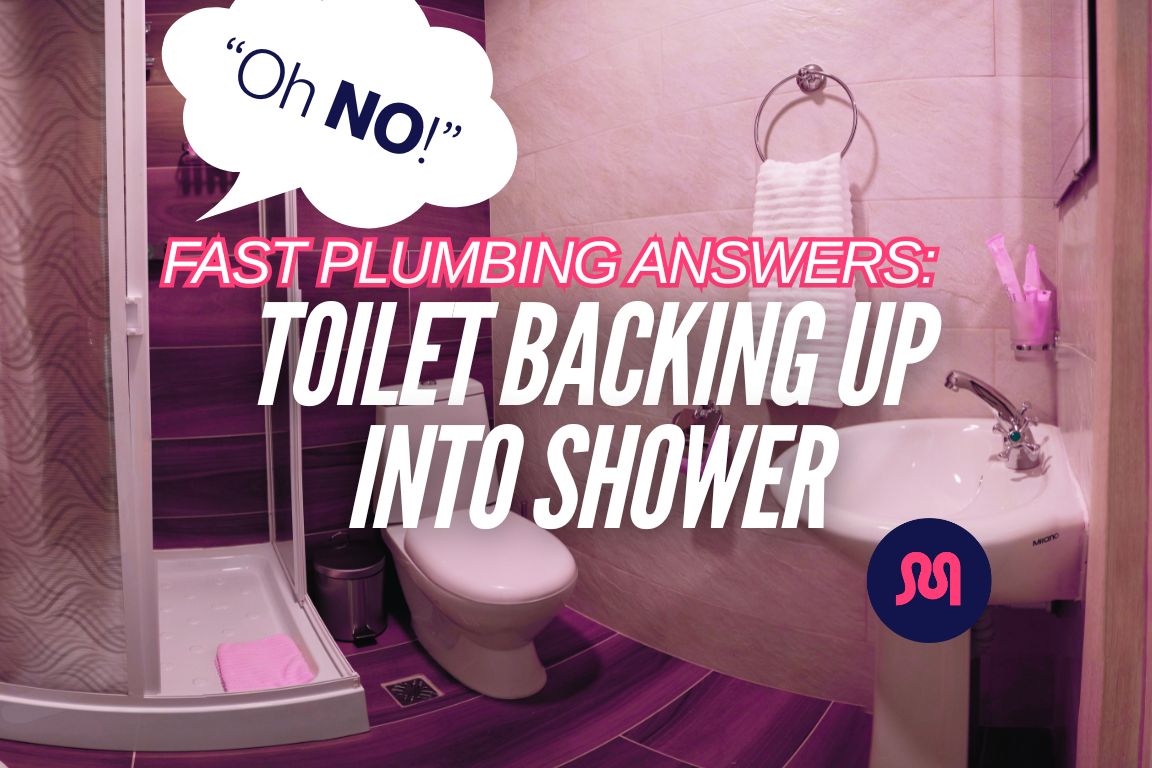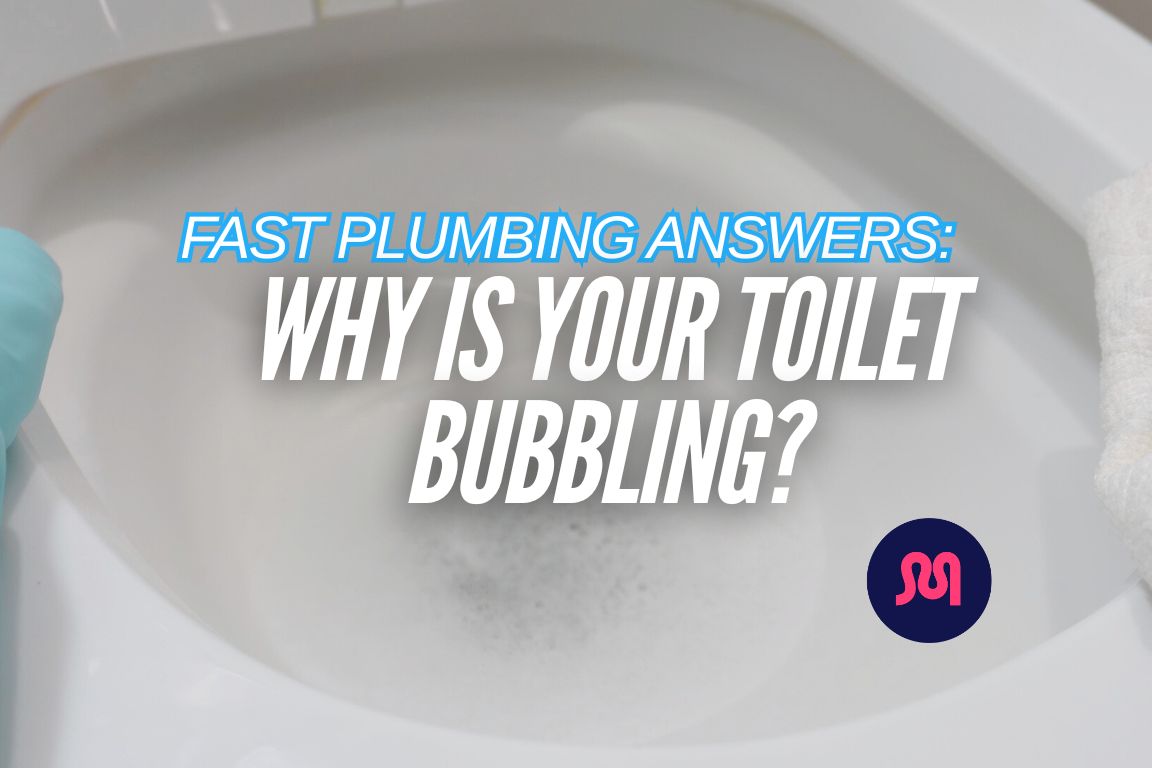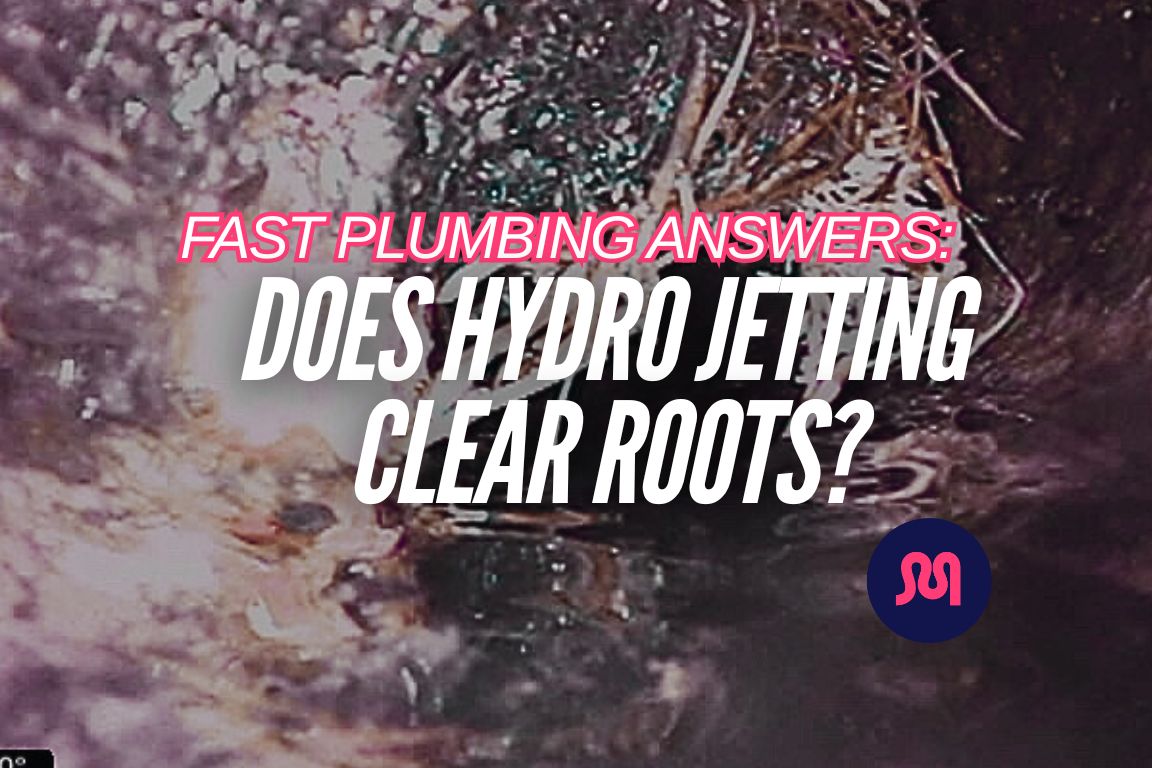Fast Plumbing Answers: Warning Signs of a Slab Leak

table of contents
table of contents
Dealing with low water pressure out of nowhere? Are your water bills through the roof? Are there unexplained hot spots in your floor or damp spots in your walls? These are warning signs of a slab leak — so how do you fix it fast?
Don’t worry: we’ll answer all your questions in 2 minutes or less.
We’re Mother, a Dallas-Fort Worth plumbing company that provides dependable, hassle-free modern plumbing for homeowners who value quality. If you need proper gas line installation and sizing advice, we’re here to provide you long-term plumbing solutions that last.
{{slab-leak-repair="/services/slab-leak-repair"}}
Fast Facts: 9 Warning Signs of a Slab Leak Under Your House
Our research team collected data from slab leak repair calls we’ve fixed over the last 3 years.
These are the 9 most common symptoms of slab leaks under Dallas-Fort Worth homes:
- A noticeable increase in your water bill: This is the most significant indicator, especially if your water usage habits haven't changed.
- Water meter moves after water is turned off: Self-explanatory. Turn off all your water — if the meter moves, you have a leak.
- The sound of running water when no taps are on: You hear a faint or distinct sound of water flowing from beneath your floors or walls.
- Warm or cold spots on your flooring: A leaking hot water line forms a warm spot, while a cold water line leak makes the floor feel unusually cool.
- Low water pressure: A significant slab leak reduces the water pressure throughout your home.
- Dampness or moisture on carpets or flooring: This indicates an advanced existing leak that’s grown in size.
- Cracks in walls or flooring: Our local clay soil retains moisture. Slab leaks cause soil expansion that creates foundation movement. This leads to cracks in walls, near door frames and windows, and your flooring.
- The smell of mold or mildew: Persistent dampness from a slab leak is a direct cause of mold and mildew growth, especially in crawl spaces and walls near taps and faucets. This is especially true with carpet.
- Movement of baseboards: Water pressure from a leak allows baseboards to shift or become loose.
5 symptoms that present like slab leaks (but may not be one)
You can’t exactly dig under your house to check for leaks. This makes it more difficult to separate general plumbing issues from actual slab leak problems.
Our plumbers identified 5 plumbing problems that mimic slab leak symptoms, but may be tied to other issues.
Take these actionable steps if you notice any of these 5 symptoms — we’ll help determine if you have a slab leak or another unrelated concern.
- Toilet leaks: A leaky toilet increases your water bill and causes dampness in the bathroom. Check the base of your toilet for leaks or cracks — if you don’t find any, then call us for slab leak location services.
- Faucet drips: Small, persistent drips add up on your water bill. Be sure all your faucets are fully closed. If your water bill’s still high, call us.
- Leaks in visible plumbing lines: Check under sinks, around water heaters, and in crawl spaces for any obvious leaks. These are much cheaper fixes than a slab leak.
- Irrigation system issues: A broken sprinkler head or a leak in the underground irrigation lines creates increased water usage and damp areas in your yard, which might be mistaken for a slab leak.
- Condensation from HVAC systems: Excessive condensation creates damp spots that are easily confused with a leak.
Not sure if you have a slab leak? Call us today for a fast, expert inspection.
{{slab-leak-repair="/services/slab-leak-repair"}}
DFW is a Hotspot for Home Slab Leak Problems
Concrete slabs are the bedrock of most North Texas homes. This is particularly true in the Dallas-Fort Worth Metroplex — slab foundations are far more common than pier-and-beam structures.
American homes are at higher risk of slab leaks at 25-30 years old. But in North Texas, that age range is about 15 years.
Let’s look at 3 key reasons why homes in Dallas-Fort Worth are more susceptible to slab leaks than other parts of the country.
- Shifting clay soil. Clay soil interacts with moisture more severely than other soil types. It expands when wet, cracks when dry, and constantly shifts and settles. This makes foundation leaks more dangerous — the leak makes the soil around your foundation swell, adding even more pressure to the slab.
- Older plumbing materials. The average age of Dallas County homes is over 40 years old. That means a ton of old water and sewer line materials — galvanized steel, cast iron, Orangeburg and copper pipes. As these materials rust, corrode and degrade, pipe bursts and leaks under your slab are more likely.
- Hard water. DFW water is extremely hard, full of calcium and limescale. These hard minerals degrade your underground plumbing faster and accelerate the formation of slab leaks.
{{why-does-dallas-have-hard-water="/blogs/why-does-dallas-have-hard-water"}}
Got a Slab Leak? Here’s What to Do Next

A slab leak under your home is stressful. Take a breath — we’re here to provide actionable steps to restore your peace of mind.
First and foremost — you can’t DIY this. Precise location of a slab leak requires thermal imaging and electronic leak detectors. Mother’s team of expert plumbers are trained and experienced in their use.
DIY slab leak repair also has a high risk of voiding your insurance. Slab leak repair requires cutting through walls or flooring. Incorrect attempts at these repairs only further the damage caused to your home.
Here are the 3 things to do right now if you have a residential slab leak in Dallas-Fort Worth:
- Get visual confirmation. Schedule a non-invasive leak location appointment with our helpful plumbers. We use advanced leak location technology like thermal imaging, electronic and acoustic leak detectors, and video camera inspection to confirm and diagnose your foundation issue.
- Ask for advice. Not every slab leak repair is a massive project. Ask Mother about minimally invasive repair or replacement options — we may be able to fix the leak without cutting into your structure or slab.
- Consider your homeowners’ insurance. Review your policy thoroughly. Make sure any and all repairs are safe to perform without voiding your insurance. Talk to our team about potential claims, coverage and other cost-saving options.
Talk to Mother — our team lives and works in DFW. We know how frustrating a slab leak can be, so we know how to ease your mind during the repair process.
Let’s get your leak fixed, and help you feel safe and secure at home ASAP.
{{slab-leak-repair="/services/slab-leak-repair"}}
Common Q’s about Water Leaks
How common are slab leaks?
It depends where you live. In most parts of America, slab leaks occur about once every 30 years. Dallas homes average one slab leak roughly every 15 years.
How do you locate a water leak under your slab?
The 2 best ways to locate a water leak under your concrete slab are acoustic leak detection and video camera inspection.
Acoustic detection uses sound to identify leak location. A camera inspection is needed if hydrostatic testing fails, or if acoustic detection is inconclusive.
What if my slab leak is in an inaccessible location?
For pipe leaks and damage that's extremely hard to reach (i.e. under your slab), pipe rerouting is the best alternative. Your plumber establishes a unique path for your new sewer line, then disconnects the damaged pipe section and seals it at both ends to prevent further leaks.
Are slab leaks covered by homeowner’s insurance?
Homeowner's insurance companies don't love to cover leaks in or near your home's foundation. If you want your slab leak repair covered, you need to follow a precise set of steps to improve your odds of coverage.
Follow these 4 steps in order to increase the chances your slab leak is covered by insurance:
- Immediately contact your insurance provider in the event of a freshwater leak.
- Hire a master plumber for 2 key tests: water pressure testing and hydrostatic testing.
- Consult a structural engineer before and after plumbing repairs.
- File all necessary paperwork to your homeowner’s insurance.




